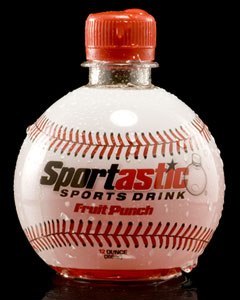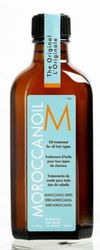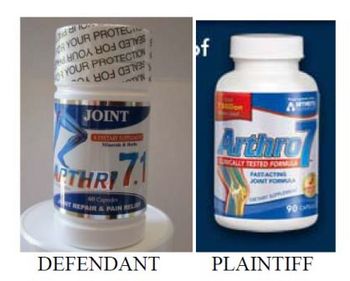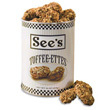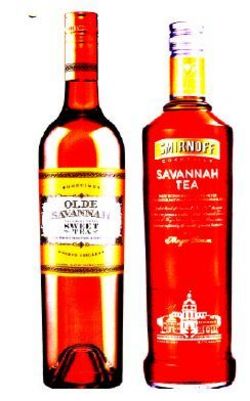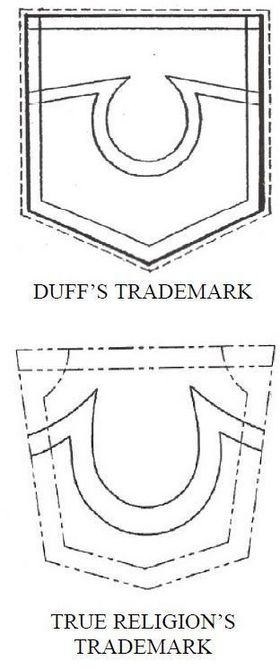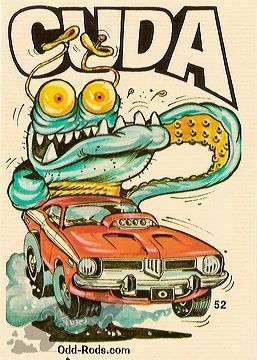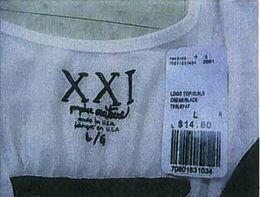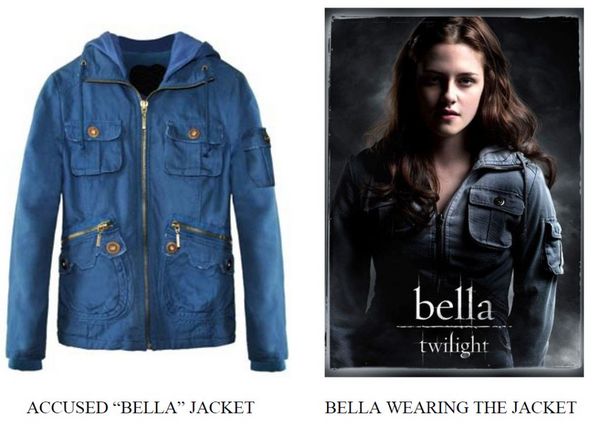 San Diego, CA – The Coalition to Advance the Protection of Sports logos (“CAPS”) protects and enforces the trademarks and logos owned by the NBA, MLB, NFL, NHL, and Collegiate Licensing Company. CAPS sent a cease and desist letter to Plaintiff James Simpson informing him that the CAPS members “maintain the exclusive right, title and interest in the names, trademarks, copyrights, symbols, emblems, designs, logos, photographs, uniforms, team colors and identification of their corresponding organizations and collegiate institutions.” CAPS further accused Simpson of selling unauthorized jerseys bearing the CAPS members’ trademarks and logos on his website.
San Diego, CA – The Coalition to Advance the Protection of Sports logos (“CAPS”) protects and enforces the trademarks and logos owned by the NBA, MLB, NFL, NHL, and Collegiate Licensing Company. CAPS sent a cease and desist letter to Plaintiff James Simpson informing him that the CAPS members “maintain the exclusive right, title and interest in the names, trademarks, copyrights, symbols, emblems, designs, logos, photographs, uniforms, team colors and identification of their corresponding organizations and collegiate institutions.” CAPS further accused Simpson of selling unauthorized jerseys bearing the CAPS members’ trademarks and logos on his website.
Simpson, in response to the letter, filed a declaratory judgment action seeking the Court’s ruling that Simpson’s jerseys do not infringe on CAPS members’ trademarks and logos and that CAPS is not the exclusive licensee of any of the trademarks. The case is Simpson v. Coalition to Advance the Protection of Sports Logos, CV10-1637 JLS (S.D. Cal. 2010).
 Los Angeles Intellectual Property Trademark Attorney Blog
Los Angeles Intellectual Property Trademark Attorney Blog


